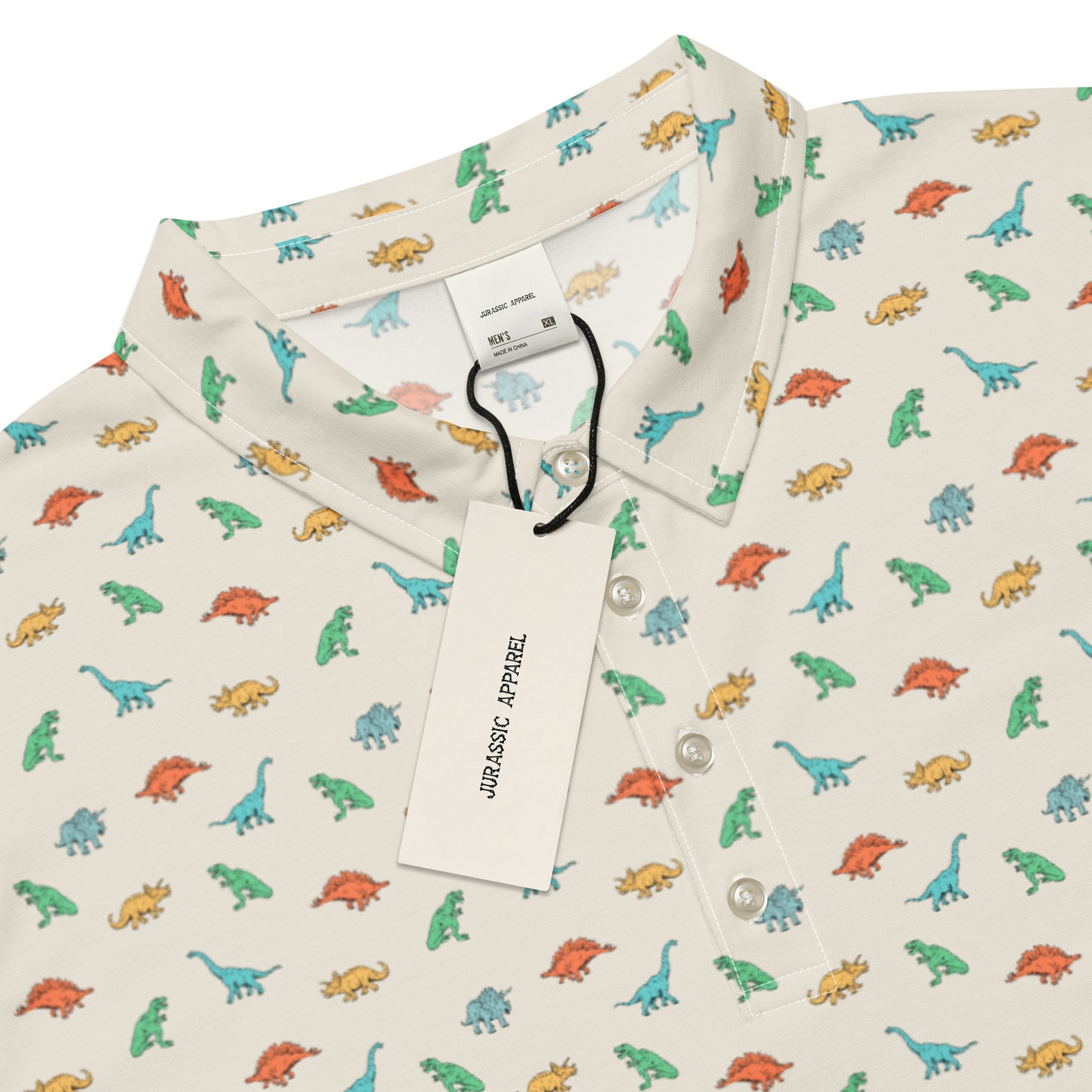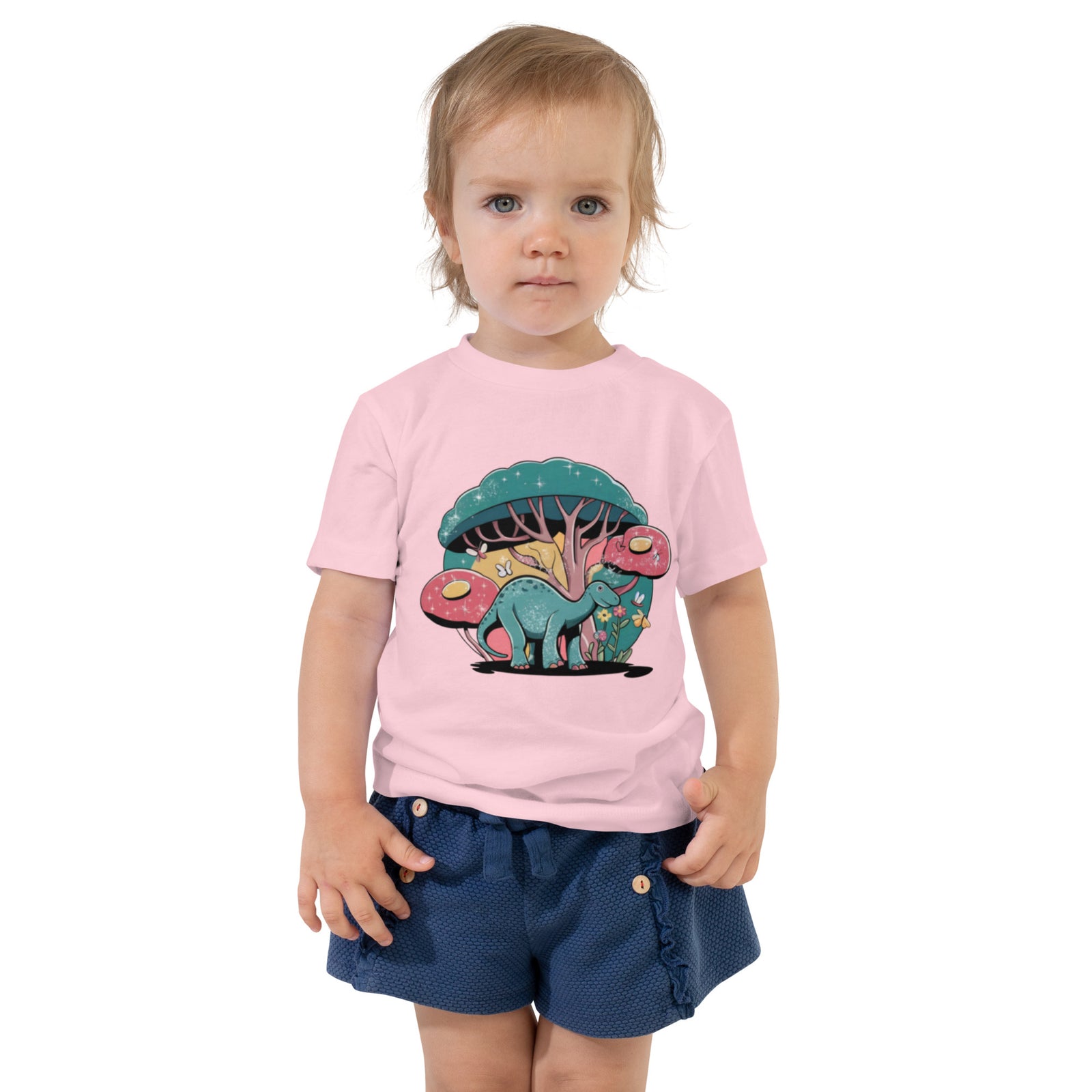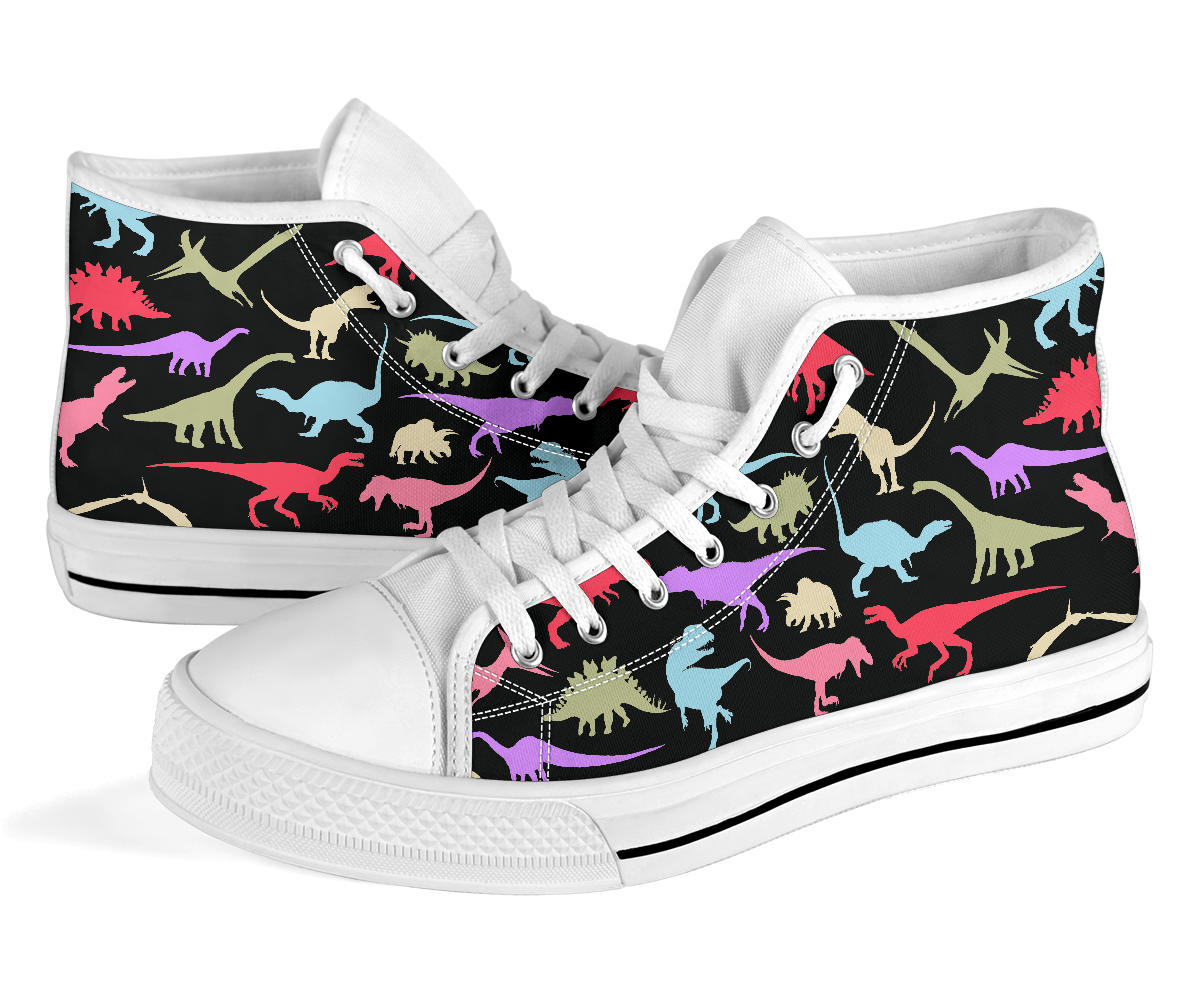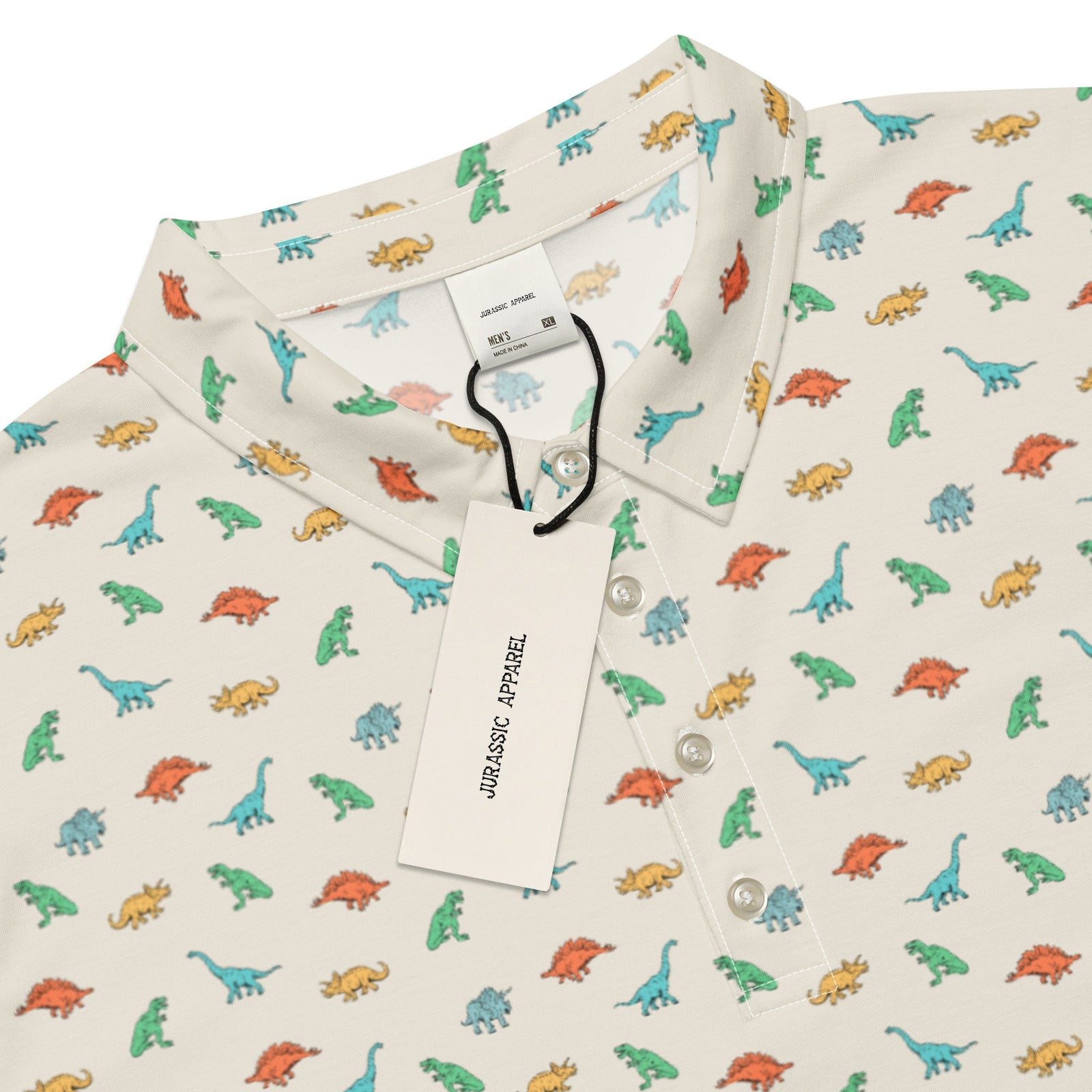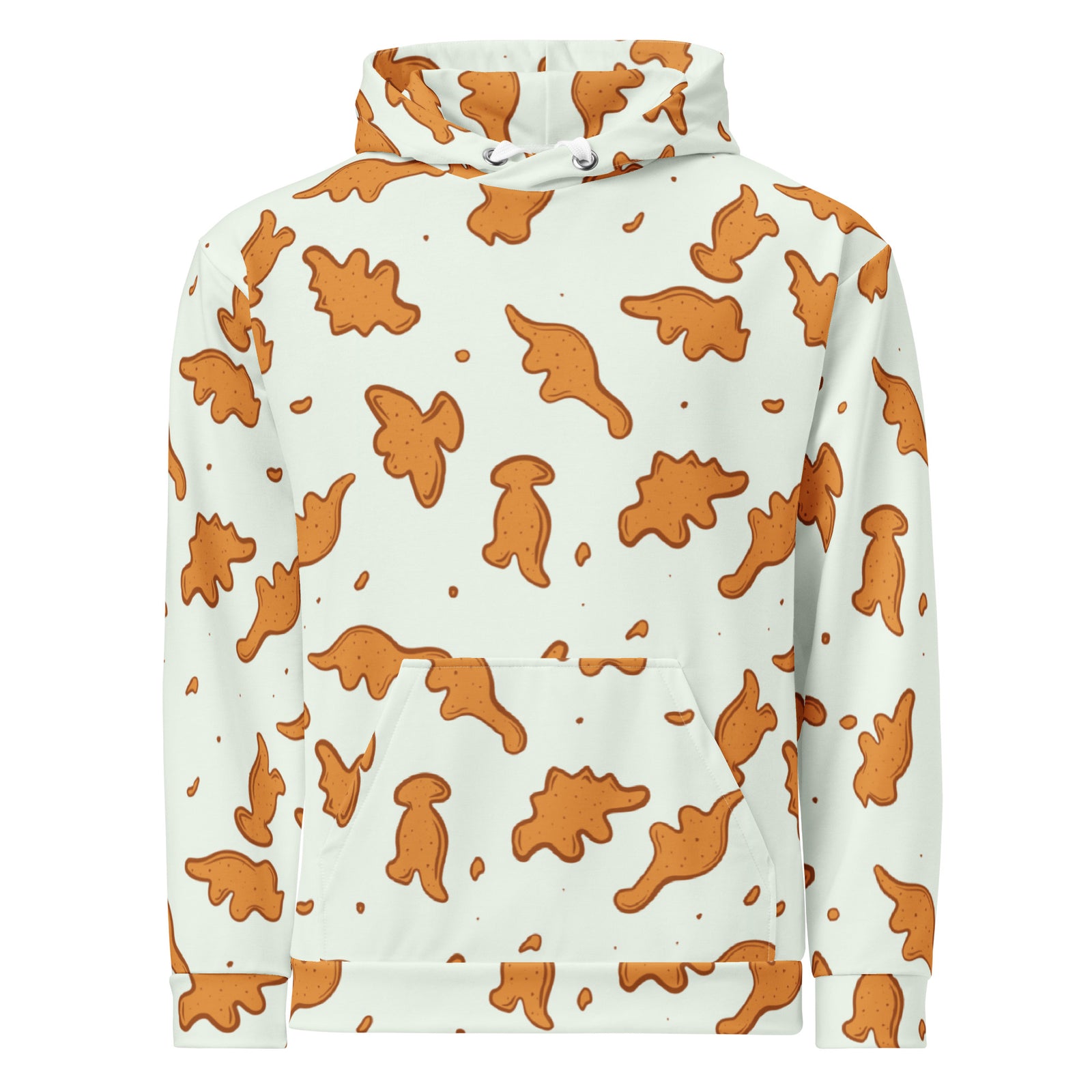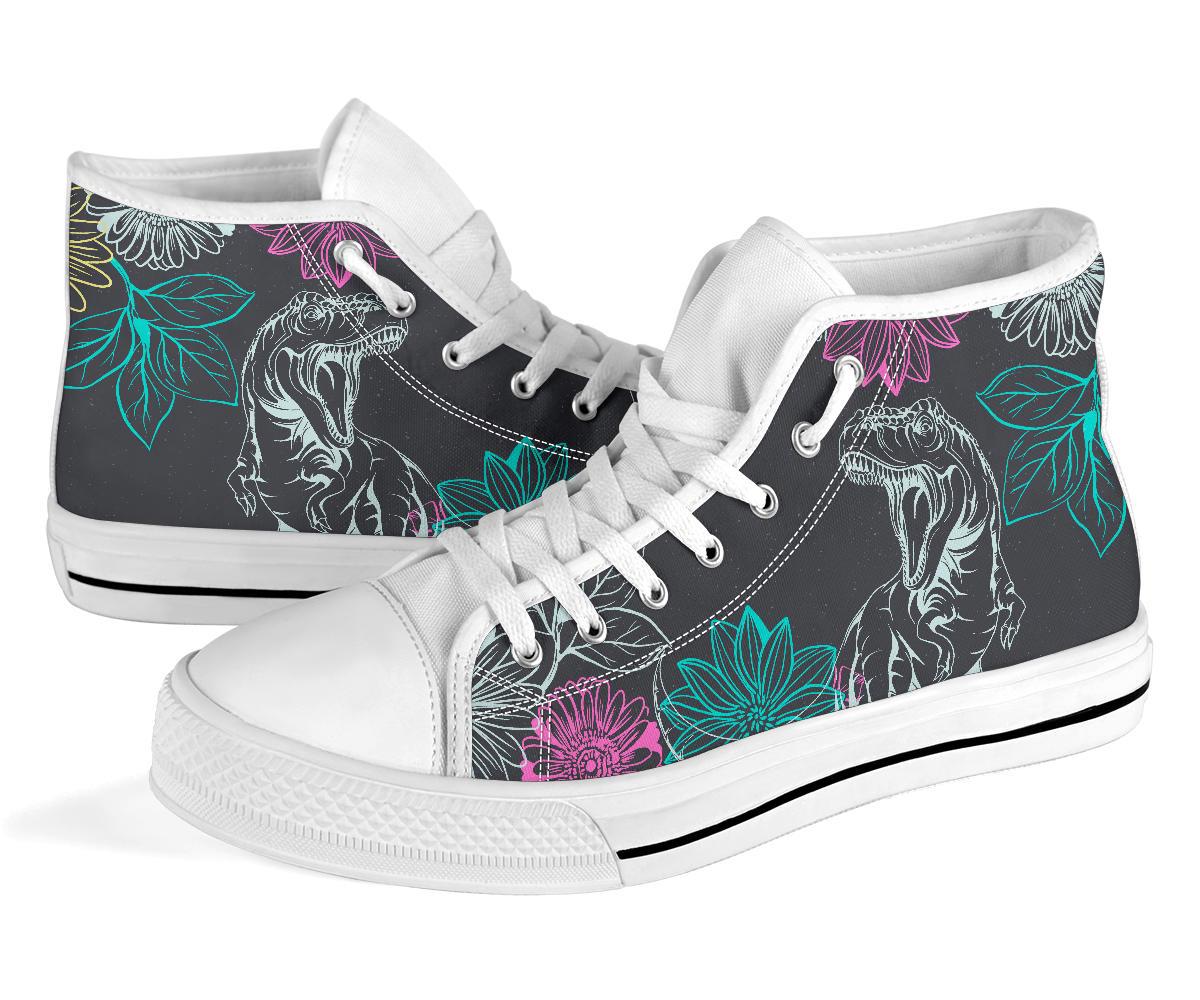Free Shipping On Orders over $75
Free Shipping On Orders over $75
Women's
Men's
Kids
Baby/Toddler
Accessories
Dreadnoughtus
July 30, 2024 2 min read

(AI Interpretation)
Dreadnoughtus: The Mighty Titan of the Dinosaurs
Dinosaur Facts:
- Dinosaur Type: Sauropod
- Period: Late Cretaceous
- Diet: Herbivore
- Length: Approximately 85 feet (26 meters)
- Height: About 30 feet (9 meters)
- Weight: Estimated at 65 tons (59 metric tonnes)
- Notable Features: Extremely large size, long neck, and massive limbs
Dreadnoughtus for Kids
Meet Dreadnoughtus!
Dreadnoughtus was one of the largest land animals to ever walk the Earth! Imagine a dinosaur so big that it could easily reach the tops of the tallest trees to munch on leaves!
What did Dreadnoughtus look like?
It had a long neck, massive body, and thick legs to support its enormous weight. Its size was so impressive that it was nicknamed "fear nothing" because very few could threaten it!
What did Dreadnoughtus eat?
As a herbivore, Dreadnoughtus enjoyed eating leaves, plants, and trees that it could reach with its long neck, helping it thrive in the lush landscapes of its time.
In-Depth Look at the Dreadnoughtus
Anatomy and Physical Features
Dreadnoughtus was characterized by its massive frame. Its long neck could stretch up to 30 feet, allowing it to forage among treetops. With strong, pillar-like legs built to support its weight, this dinosaur was uniquely designed for survival in its ecosystem [Smithsonian].
Behavior and Habitat
Dreadnoughtus roamed the semi-arid landscapes of what is now Argentina, often moving in herds to protect against predators. Its enormous size likely deterred many would-be attackers.
Scientific Discovery and Research
Discovered in 2005, the Dreadnoughtus skeleton has provided significant insights into the lives of sauropods. Studies indicate it was less hindered by its size than previously thought, as it adapted efficiently to its environment [Natural History Museum].
Social Behavior and Herding
Dreadnoughtus likely displayed social behaviors, such as group movement. This communal living improved safety in numbers, a common strategy among large herbivores.
Dreadnoughtus in Popular Culture
Dreadnoughtus has captured the imagination of dinosaur enthusiasts and appears in documentaries and exhibitions, showcasing its size and unique features in contrast to other dinosaurs like the T. rex [Dinosaur Pictures].
Ongoing Research and Discoveries
Researchers continue to study Dreadnoughtus, unearthing more fossils and refining our understanding of its biology and ecology, providing a clearer picture of life during the Late Cretaceous period.
Conclusion
Dreadnoughtus stands out as an extraordinary figure from the past, exemplifying the grandeur and complexity of dinosaur life on Earth. It reminds us of the vast diversity that existed millions of years ago and continues to inspire curiosity and research in paleontology.


